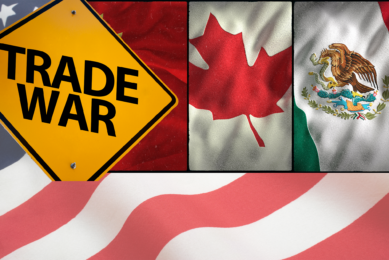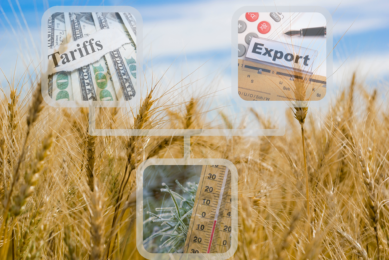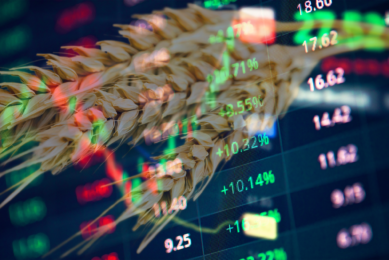Drought puts Russian grain and feed production in imperil
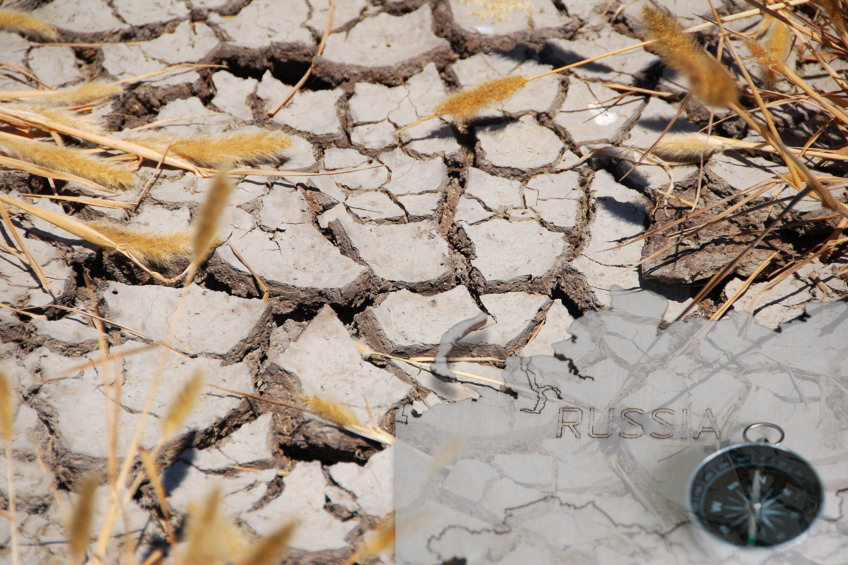
A lack of moisture due to extended drought has become a huge challenge for Russian farmers this season, as revealed by officials.
Winter crop sowing is extremely challenging this year, as some regions lacked rain since April, Oksana Lut, the Russian Agricultural Minister said.
“We plan to sow 20 million hectares, like last year. But we are practically sowing in the sand,” Lut said at the sidelines of the Bioprom forum in Gelendzhik, Russia.
Lut suggested that Russian farmers pray to the Prophet Elijah – a figure in Russian folklore and Orthodox Christianity, known as the Russian patron of rains and lightning-for the drought to end. She added that Russia experiences all kinds of natural phenomenon in 2024.
First, we were hit with recurrent frosts, then a drought began in April, and it continues to this day. Siberia was flooded, and harvesting grain out there a few weeks ago was impossible. And locusts flew in, and in the last week, there was sand in the south, which covered all the crops that were still unharvested,”
Oksana Lut, the Russian Agricultural Minister
Lut admitted that the Russian government will likely have to adjust its grain production forecast downwards. Under the existing predictions, Russia plans to harvest 132 million tonnes of grain, including 84 million tonnes of wheat, in the 2024/25 season.
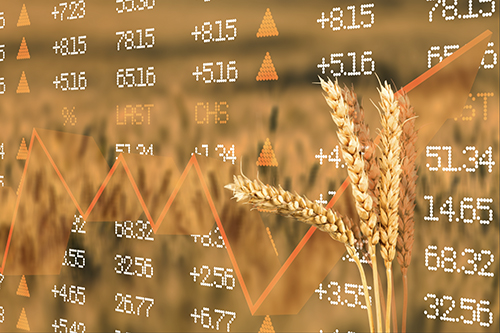
Feed production is also affected
The climate situation may soon be reflected in feed prices in Russia, the National Feed Union (NFU) reported.
“The NFU does not rule out a rise in prices for coarse and succulent feed in Russia due to the fact that the procurement campaign in some regions of the country is not going well,” Sergey Mikhnyuk, NFU executive director, said.
“It is too early to draw final conclusions; the forage procurement campaign is still underway. However, the trend is already clear – the coming future will be difficult,” he added.
He suggested that to deal with the challenges related to feedstuff quality, farmers might want to consider the use of some additives.
“I think livestock farms are already closely working on the necessary measures to preserve the livestock, their health and productivity,” he said. “For example, if the situation is such that grain prices are lower than the cost of roughage, they [farmers] will switch to grain.”




